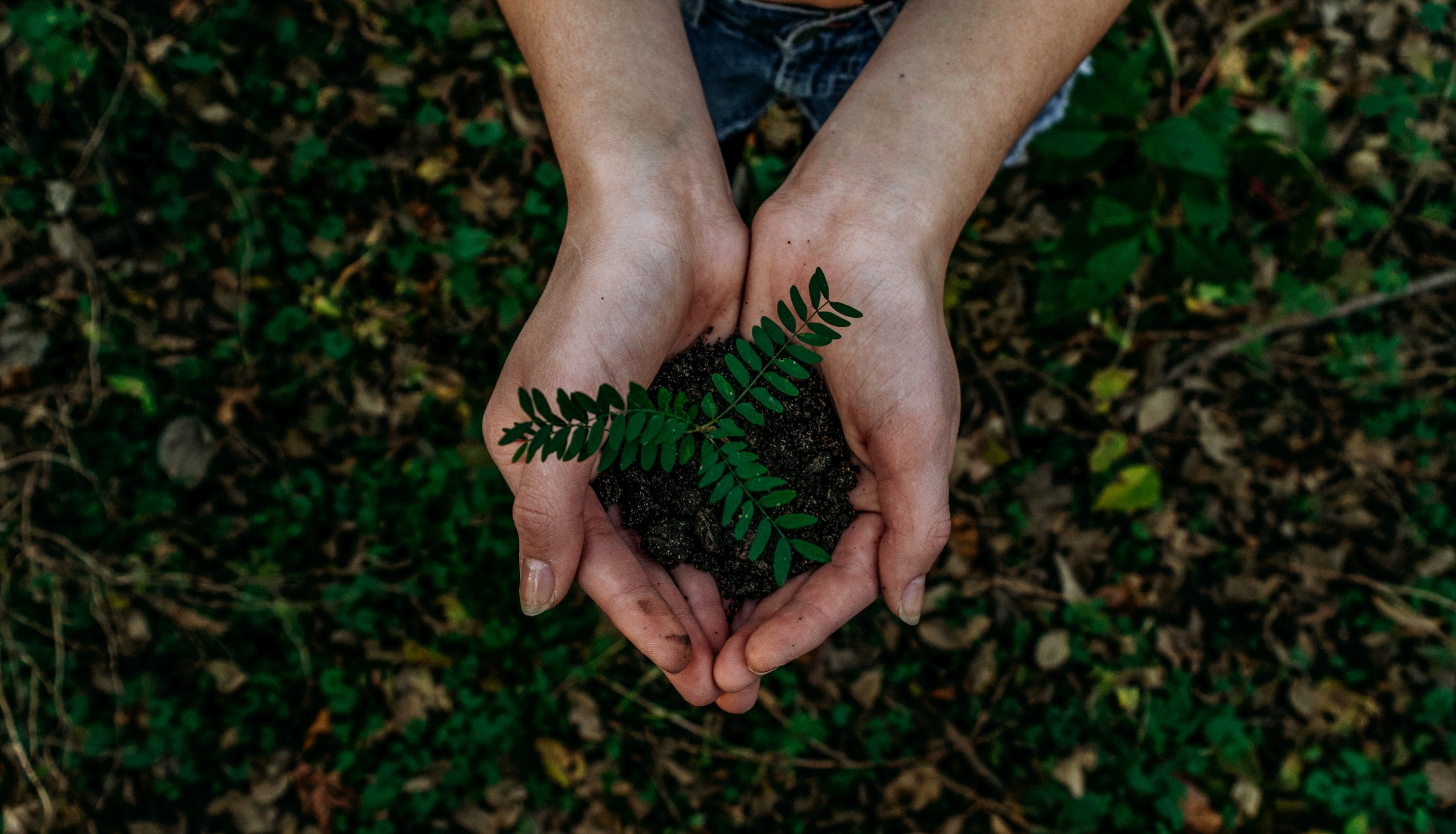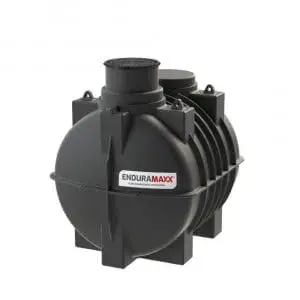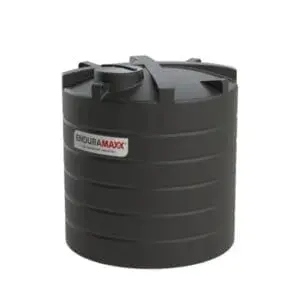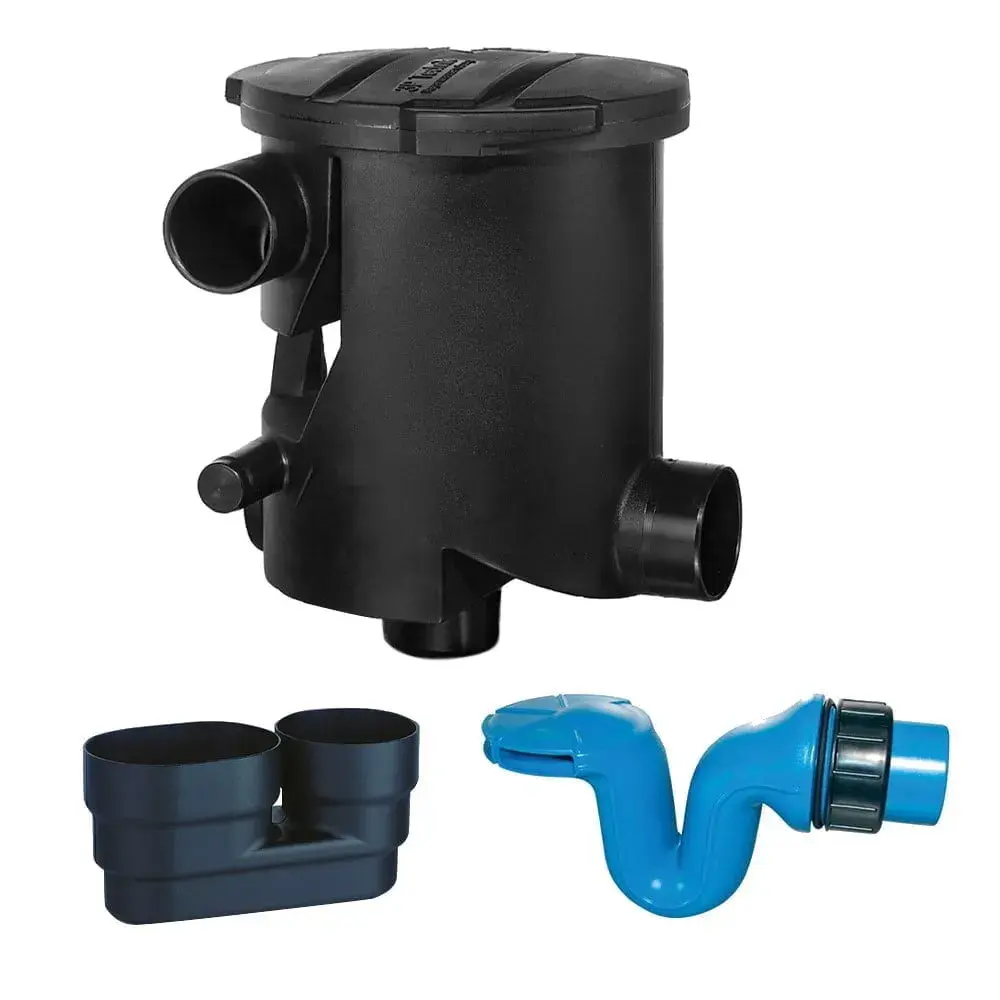
According to the UN, safe drinking water is one of the most endangered natural resources on the planet. The issue is global, and according to the World Water Vision Report stems from poor water management. Sustainable water treatment and storage practices on farms and manufacturing facilities can help to combat the challenge in multiple ways. Read on to find out how.
Desalination
The simple and effective idea of removing oceanic salt to leave pure H2O dates back to at least 1250 BCE. The earth’s oceans contain 1.37 billion cubic kilometres of water, and as ice caps melt the volume is rising, creating a potentially vast resource. As such, increasing numbers of global communities are now relying on desalination as a highly-efficient, scientifically proven solution. In industrial settings, desalination treatment can enable local saline sources to be used in a way that is cost-effective, environmentally friendly, and efficient. This is particularly helpful when water is required for applications such as cooling and flushing and is a financially strategic option for coastal sites.
Rainwater Harvesting
Collecting rainwater is nothing new, but storing it safely is another matter altogether. With the correct rainwater harvesting system, runoff can be collected from roofs and used as non-drinking water. For companies and farms, this reduces water demand while boosting the efficiency of water systems and reducing waste. Rainwater harvesting systems are likely to become a core element of sustainable water treatment, and successful implementation hinges upon the quality of the application. Filters, pumps, tank design, and tank materials are all critical for ensuring effectiveness. Ideally, opt for UV stabilised MDPE polyethene tanks, as these are cost-effective, long-lasting, and exceptionally hygienic.
Waste Treatment
Ecosystems are already under significant pressure without the burden of waste entering the water cycle via untreated industrial water. Wastewater may include bacterial contamination, nitrogen, toxic metals, fertilisers, and pesticides, all of which can damage the most robust of ecosystems. Legislation governs the appropriate treatment for discharges, and agrochemical companies are currently facing a host of new rules regarding water quality. Any company that has not already explored the option of sustainable water treatment may find that minor alterations generate a significant impact.
Benefits
Sustainable water treatment is vital for supporting the delicate network of environmental and atmospheric systems that support life on our planet. However, sustainable water treatment has a range of additional – and often unexpected – benefits. For instance, the treatment process can be used to produce energy, which when combined with a rainwater harvesting system can create a highly sustainable and cost-effective solution. Additionally, by producing a source of clean water, sustainable water treatment plays a vital role in disease prevention. Treated water can be used for a variety of purposes, such as in the production of fertiliser, easing pressure on global water resources. As such, if every company and household plays its part, water treatment could have a significant impact in the mitigation of an unfolding crisis.
What Next?
At Enduramaxx, safety matters on both an individual and a global scale. Sustainable water treatment can reduce waste, reduce contamination, and reduce the cost of environmental responsibility. For more information about how our sustainable water treatment systems can help, please get in touch today.
Image Source: Pexels
Posts By Topics
- Blog (303)
- Chemical Storage Tanks (118)
- Chemical Dosing Tanks (114)
- Chemical Tanks (114)
- Water Tanks (58)
- Rainwater Harvesting Tanks (43)
- Vertical Rainwater Tanks (31)
- Vertical Storage Tanks (31)
- Cone Bottom Tanks (19)
- Conical Cone Tanks (18)
- Rainwater Harvesting (17)
- Water Bowsers (15)
- Horizontal Tanks (14)
- Potable Water Tanks (13)
- Farming (9)
- Case Studies (8)
- Industrial Storage Tanks (7)
- Liquid Fertilser Storage Tanks (6)
- WRAS Approved Potable Tanks (6)
- Wine and Beer Production (6)
- Horizontal Transport Tanks (5)
- Microbrewery (5)
- Rainwater (5)
- Category 5 Break Tanks (4)
- Cider Production (4)
- Mixer Tanks (4)
- Molasses Tanks (4)
- Polyethylene tanks (4)
- Rainwater Filter Kits (4)
- SPECIALIST & BESPOKE TANKS (4)
- Bunded Tanks (3)
- Slimline Tanks (3)
- WRAS Approved (3)
- Clarification Tanks (2)
- Crosslinked Polymer Tanks (XLPE) (2)
- Fertiliser Tanks (2)
- Sump Tanks (2)
- Tank Installation (2)
- Water Butt (2)
- underground water tanks (2)
- ACCESSORIES & FITTINGS (1)
- ATV & UTV SPRAYING UNITS (1)
- Above Ground Effluent Tanks (1)
- Bespoke Tank Frames (1)
- Category 5 Turret (1)
- Caustic Soda Tanks (1)
- Closed Top Bunded Tanks (1)
- Craft beer (1)
- Effluent Tanks (1)
- Enduramaxx (1)
- Ferric Chloride Tanks (1)
- Fire Safety Regulations (1)
- Fire Sprinkler Water Storage Tanks (1)
- Industrial Water Tank (1)
- Open Top Bunded Tanks (1)
- Open Top Cone Tanks (1)
- Open Top Vertical Tanks (1)
- Polyethylene Potable Water Tanks (1)
- Polyvinylidene Fluoride (PVDF) Tanks (1)
- Polyvinylidene Fluoride Tanks (PVDF) (1)
- Pressure Washers (1)
- Pro Series Spot Sprayers (1)
- RWH (1)
- Sodium Hydroxide Storage Tanks (1)
- Sprayer Fill-up Tanks (1)
- Uncategorised (1)
- liquid fertiliser tank (1)
Sign up to the newsletter
enduramaxx.marketing
Related Posts
How to waste less water? | Enduramaxx - Manufacturers of Polyethylene Tanks
Water is a precious commodity that most of us take for granted. Wastewater, or wasted water, is...
What Is Regulation 5 Of The Drinking Water Inspectorate?
Regulation 5 of the drinking water inspectorate is to prevent the use of products or substances...
PWTAG Water Guidelines: Safe Chemical Storage Tanks
The PWTAG Water Treatment Guidelines, the PWTAG is a UK-based independent, non-commercial...
Related Products
From £1,080.00 inc. VAT
£900.00 exc. VAT
From £1,344.00 inc. VAT
£1,120.00 exc. VAT
From £768.00 inc. VAT
£640.00 exc. VAT
£480.00 inc. VAT
£400.00 exc. VAT






